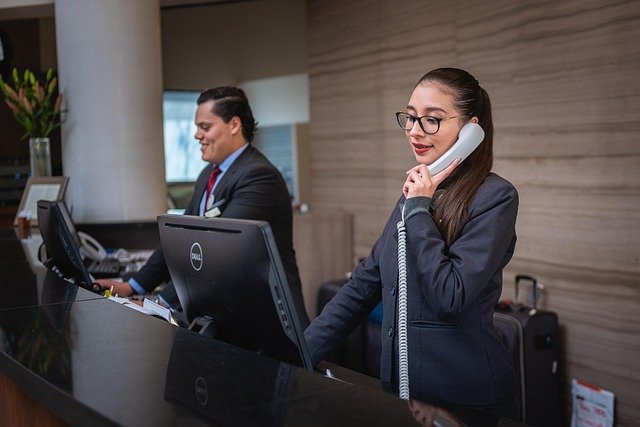Hospitality Work in Japan: How Environments and Expectations Differ
Behind the polished surface of hotels lies a dynamic environment influenced by culture, customer flow, and location. Hospitality work in Japan can vary greatly — from traditional inns to modern chains — and understanding that range helps explain the diverse workflows involved.

Hospitality Roles by Location Type: Diversity in Workplace Settings
Japanese hospitality environments range dramatically from intimate traditional inns to large metropolitan hotels. Ryokans, with their deeply cultural approach, require staff to master intricate traditional service protocols, including precise tea ceremonies, careful room preparation, and nuanced guest interactions. In contrast, international hotel chains demand more standardized service models, emphasizing efficiency, multilingual communication, and global hospitality standards.
Guest Interaction vs. Operational Duties: Balancing Performance and Backend Work
The hospitality sector in Japan places significant emphasis on both visible guest interactions and behind-the-scenes operational excellence. Front-facing roles require impeccable interpersonal skills, including deep bows, precise communication, and anticipatory service. Simultaneously, backend operations demand meticulous attention to detail, with housekeeping, maintenance, and administrative tasks executed with remarkable precision and efficiency.
Key Differences Between Chains and Ryokans: Cultural Service Paradigms
Traditional ryokans and modern hotel chains represent two distinct service philosophies. Ryokans embody “omotenashi,” a philosophy of anticipatory, selfless hospitality rooted in Japanese cultural traditions. Staff are expected to predict guest needs before they are articulated. Large hotel chains, while respecting these cultural nuances, often implement more standardized, globally recognized service protocols that balance efficiency with personalization.
Influence of Tourism Seasonality: Adaptive Workforce Dynamics
Japan’s tourism landscape experiences significant seasonal fluctuations, dramatically impacting hospitality employment. Peak seasons like cherry blossom periods and major festivals create intense demand, requiring flexible staffing strategies. Winter sports regions and summer tourist destinations demonstrate remarkable workforce adaptability, with professionals seamlessly transitioning between different hospitality roles based on seasonal requirements.
Compensation and Career Progression in Japanese Hospitality
Understanding potential earnings helps aspiring hospitality professionals navigate this rich and rewarding industry. The following table provides estimated salary ranges across different roles:
| Role | Entry-Level Salary (¥) | Experienced Professional Salary (¥) |
|---|---|---|
| Ryokan Staff | 220,000 - 280,000 | 300,000 - 450,000 |
| Hotel Front Desk | 250,000 - 300,000 | 350,000 - 500,000 |
| Concierge | 280,000 - 350,000 | 400,000 - 600,000 |
| Housekeeping Manager | 300,000 - 400,000 | 450,000 - 650,000 |
Prices, rates, or cost estimates mentioned in this article are based on the latest available information but may change over time. Independent research is advised before making financial decisions.
Behind-the-Scenes Work Routines: Precision and Professionalism
Operational workflows in Japanese hospitality settings are characterized by extraordinary attention to detail. Morning briefings, uniform standards, continuous training, and rigorous performance evaluations create a professional environment that prioritizes collective excellence over individual achievement.
The Japanese hospitality industry represents a sophisticated ecosystem where traditional values seamlessly integrate with modern service expectations, offering professionals a unique and rewarding career landscape.




